
In the diverse lexicon of film and television criticism, the term ‘campy’ often pops up, particularly when discussing certain genres of entertainment. But what does it really mean for a show or movie to be labeled as ‘campy’?
This term, often used affectionately, points to a style and sensibility that is unique, exaggerated, and flamboyantly playful.
Defining ‘Camp’
The concept of ‘camp’ in art and culture was notably explored in Susan Sontag’s 1964 essay “Notes on ‘Camp’.” She describes camp as an aesthetic that loves the unnatural, artifice, and exaggeration. It’s less about content and more about a mode of aestheticism that is expressive, ironic, and often outlandish.
Characteristics of ‘Campy’ Movies and TV Shows
-
Exaggerated Style: Campy productions are marked by their theatricality and extravagance. This can manifest in over-the-top costumes, flamboyant characters, dramatic dialogue, and elaborate sets.
-
Irony and Humor: Camp finds humor in its own absurdity. It’s self-aware and doesn’t take itself too seriously. The irony in campy shows or movies is often a big part of their charm.
-
Melodramatic: Emotions in camp are heightened to an almost absurd degree. This melodrama, however, is part of the entertainment, drawing viewers into its exaggerated reality.
-
Nostalgic Flair: Many campy productions have a quality of nostalgia, often harking back to or parodying earlier styles, genres, and sensibilities in film and television.
-
Cult Status: Campy movies and shows often develop a cult following. Their uniqueness and flair tend to attract a dedicated and passionate audience.
Why ‘Camp’ Matters
-
Freedom of Expression: Camp celebrates non-conformity and freedom in artistic expression. It allows creators and performers to push boundaries and explore styles that conventional narratives might not accommodate.
-
Cultural Commentary: Despite its exaggerated nature, camp can offer sharp commentary on society and norms. It often uses its theatricality to critique or satirize contemporary culture.
-
Inclusivity and Diversity: Camp has strong roots in the LGBTQ+ community and has been a mode of expression that embraces diversity and challenges traditional notions of identity and performance.
-
Entertainment Value: At its heart, camp is fun. It provides an escape into worlds that are vivid, imaginative, and joyously over the top.
Examples in Cinema and Television

Campy movies have a special place in cinema, known for their over-the-top style, flamboyant aesthetics, and a unique blend of humor and theatricality. Here are some notable examples that capture the essence of camp:
-
“The Rocky Horror Picture Show” (1975): This cult classic musical is the epitome of camp, with its outrageous characters, extravagant costumes, and a playful mix of horror and comedy.
-
John Waters’ Films: Director John Waters has a repertoire of campy movies, with titles like “Pink Flamingos” (1972) and “Hairspray” (1988) being prime examples. His films often feature outrageous scenarios and larger-than-life characters.
-
“Flash Gordon” (1980): Known for its colorful visuals, dramatic dialogue, and exaggerated acting, “Flash Gordon” is a campy take on the space opera genre.
-
“Showgirls” (1995): Directed by Paul Verhoeven, this film has gained a cult following for its melodramatic narrative and over-the-top performances.
-
“Mommie Dearest” (1981): Famous for Faye Dunaway’s intense portrayal of Joan Crawford, this biographical drama is known for its melodramatic excess.
-
“Batman” (1966): Based on the TV series, the Batman film starring Adam West is celebrated for its campy humor, colorful villains, and playful approach to the superhero genre.
-
“Valley of the Dolls” (1967): A melodramatic tale of three women in show business, known for its exaggerated plot and acting.
-
“Barbarella” (1968): A science fiction film starring Jane Fonda, known for its sexualized and surreal depiction of the future, epitomizing 60s camp.
-
“Xanadu” (1980): A musical fantasy film featuring Olivia Newton-John, it combines roller disco with fantasy elements in a quintessentially campy package.
-
“Elvira: Mistress of the Dark” (1988): This comedy horror film features the iconic character Elvira and is celebrated for its campy humor and gothic aesthetic.
To call a show or movie ‘campy’ is to recognize its unique place in the entertainment spectrum. It’s an acknowledgement of a creative work that embraces excess, irony, and theatricality to create something that stands out vividly against the backdrop of mainstream entertainment. Campy movies and TV shows remind us that in art, as in life, there is room for the exaggerated, the flamboyant, and the wonderfully absurd. They celebrate the joy of being over-the-top and the beauty of being different.

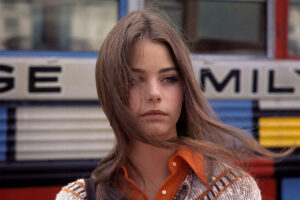
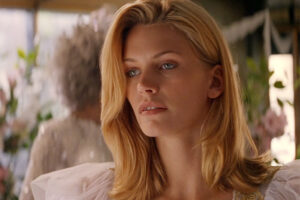
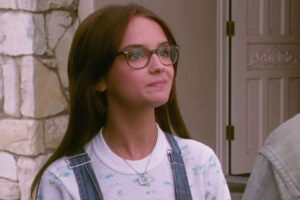
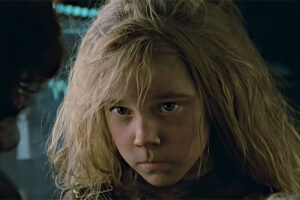
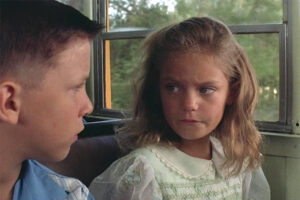
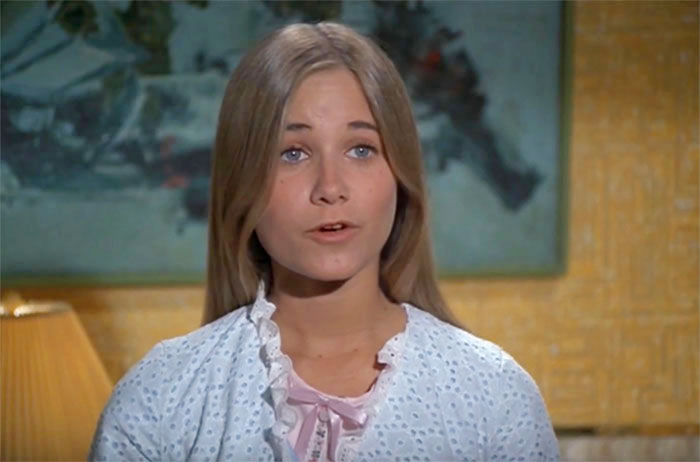

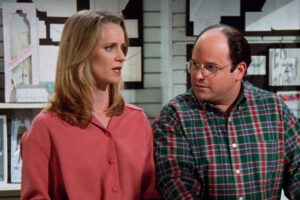
Leave a Reply